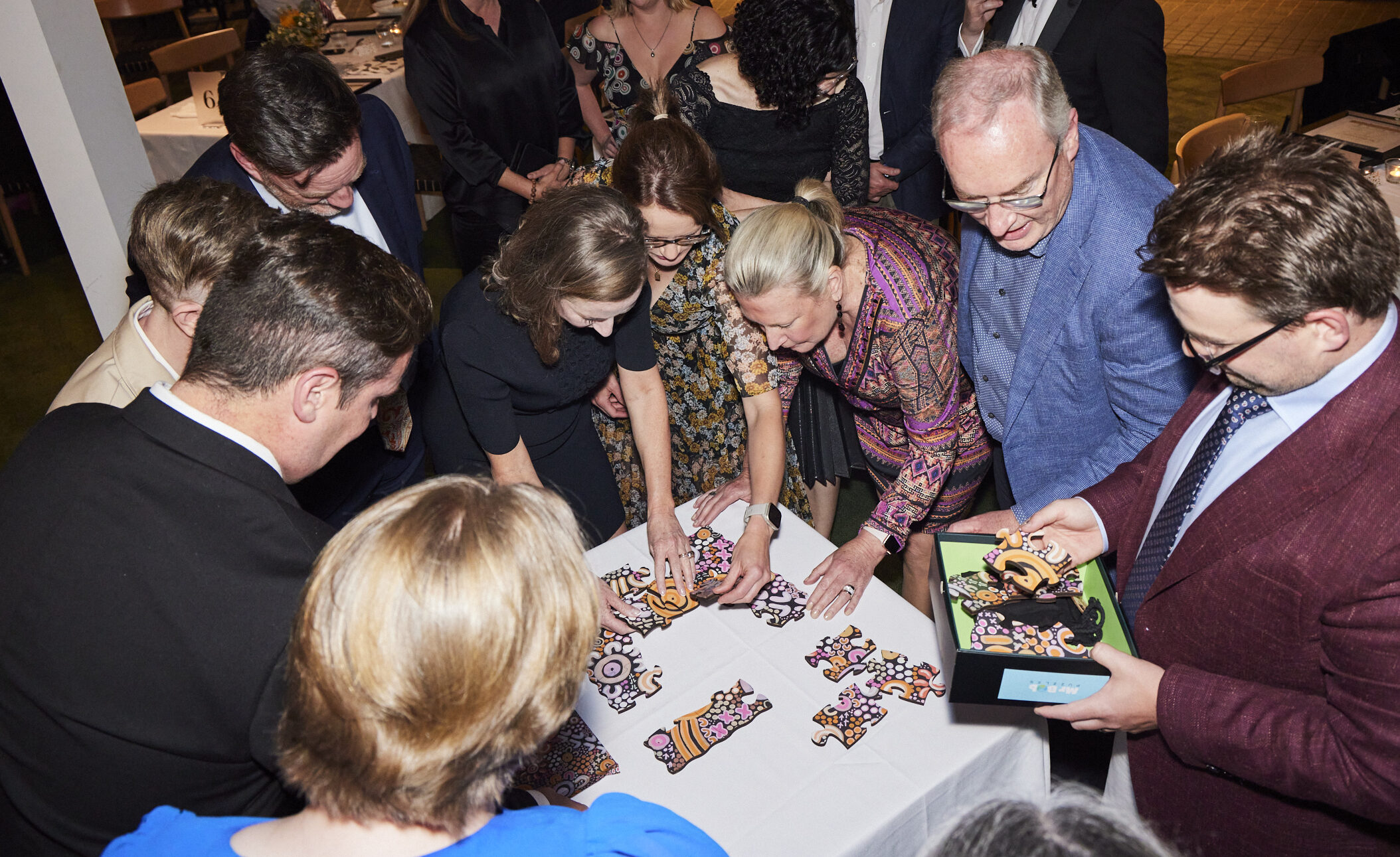We’ve long believed women leaders would challenge and change selfish and materialist values they found at the top. But evidence suggests not.
Leslie Cannold, Cranlana’s Head of Programs, discusses.
The past few years have been troubling times for women leaders in the West. Although they have made important gains in top and visible leadership roles — culminating in Australia with our first female prime minister, Julia Gillard, in 2010 — some of the problems identified by our first female elected representative, Edith Cowan, in the 1920s, continue to rear their heads.
These include an obsessive focus on irrelevancies such as how a woman looks and whether she has children, the disregard of her ideas in meetings only to have them endorsed when they emerge from the mouths of men, and the persistence of soul- and career-destroying sexual harassment and assault.
Double standards persist, too. The ways in which the same behaviours are judged as proof of leadership capacity in men, but are disqualifying when done by women — a problem that academic analysis puts down to the fact that the Anglosphere’s very definition of leadership is a collection of traits — assertiveness, competitiveness, decisiveness — that sexist cultures associate with masculinity.
This leaves women leaders damned if they do and damned if they don’t. If they lean into such masculine traits, they’re unfeminine or morally “bad” woman (remember all the ballyhoo made about Gillard’s “deliberate childlessness”, her empty fruit bowl, and the relentless way she was pilloried as a bitch, a witch and a liar?). But if they lean into traditional feminine qualities they might be praised as “nice women” but then dismissed as lacking “strength” and “confidence” to lead.
At the heart of the double-standard complaint is a claim that when it comes to leadership, women are not relevantly different from men. They have the same strengths and weaknesses, and thus their claim for half the positions of political power is not made on the grounds that they will do a better job leading the nation that have men, but simply because they comprise half the human population and it’s only fair.
This has not been a popular view in Australia. Instead, for much of the long history of the women’s movement in this country, feminists have positioned women as exemplary citizens (what Anne Summers called “god’s police”) and made their case for women-favouring policies based on female difference. This includes the 1923 mass mobilisation of women to protect the maternity allowance and the success of the movement in the 1940s in getting the new child endowment paid to mothers instead of fathers.
It continued through the 1990s — when premiers such as Joan Kirner and Carmen Lawrence were seen as necessary moral antidotes to the dirty politics of men — and to today, with some Australian academics arguing that recognising “feminine values” and “women’s difference” is the best way to improve the performance of teams at work.
The claim was that giving women “a go” at leading would result in different — and cleaner — politics. As Lawrence explains: “It was intrinsic to much of the early feminist debate that in seeking equality, women were not looking to simply replicate the experience of men. Nor were we enthusiastic about embracing a capitalist ethic which regarded materialism, competition and selfishness as cardinal virtues.”
Lawrence wasn’t alone. Political historian Julia Baird writes that in the early 2000s, the belief in women’s “superior morality” led to parties “pushing more women into marginal seats, and handing them portfolios muddied by the corruption or incompetence of the men before them, in the belief that they would have … some kind of purifying effect.”
Which brings us to now, and the latest kerfuffle around female leadership taking place in the West.
It concerns second-wave American feminist heroine Dianne Feinstein, now 89, and her refusal to resign her seat on the Senate Judiciary Committee despite illness meaning she’s been unable to occupy it since February. Her absence has halted the committee’s work of confirming judges in its tracks, and at a time when this is not only one of the few powers left to Democrats who no longer control the House, but when conservative judges are eviscerating the reproductive, LGBTQIA+, voting and union rights (among others) that vulnerable Americans voted them in to protect.
This is not the first time an American feminist leader has squibbed the service path and wound up costing dearly those to whom she’d ostensibly dedicated her career. Ruth Bader Ginsburg, then 87, declined to resign her Supreme Court seat at a time when then-US president Barack Obama could have replaced her. This led to her replacement being chosen by Donald Trump when she died in 2020 from a recurrence of pancreatic cancer, which has a five-year fatality rate of more than 90%.
In both cases, no one wanted to push these legends of the women’s movement against their will. But to my mind, their wills were — and in the case of Feinstein remain — the problem, exposing the possibility that for both women the bold paths they forged may never have been about womanhood writ large, but always about themselves.
To my mind, the Feinstein and Bader Ginsburg cases put an end once and for all to claims that women leaders are inherently more moral than men. While it may have been true in the past that women’s isolation in the home focusing largely on caring work would have shaped female sensibilities in ways different from men, the more their social, educational and career paths are the same, the less difference we’ll see in the ethical wisdom and integrity of different genders.
To put it bluntly, now and in future, strap in for female leaders to act as self-servingly as powerful men.
Originally published in Crikey on May 9th, 2023.
Cranlana Centre for Ethical Leadership’s programs include the 2 day Executive Ethics, 6 day Executive Colloquium and year-long Vincent Fairfax Fellowship. We also deliver online and customised corporate programs. Find the right program for you here. They are all held under the Chatham House Rule to encourage genuine and open debate, and allow participants to candidly discuss sometimes sensitive issues in private while allowing the topic and nature of the debate to be made public, and contribute to a broader conversation. The Alumni program offers ongoing leadership development support and a lifelong connection with Cranlana.
Share This Story
Related articles
Recent posts
The Cranlana Method
We don’t teach leadership skills. Instead, we help leaders apply the skills they already have more wisely – by building clarity of purpose and ethical courage. Drawing on a rich history of philosophical wisdom, they encourage fresh and considered approaches to challenges – offering insights that, for many participants, will fundamentally transform their concept of leadership. Our courses are dialogue-based and immersive, bringing small groups of high-level leaders together for discussions that are wide-ranging and expertly guided. They are rigorous, in-depth and practical, providing high-level learning experiences and understanding to strengthen your capabilities as an effective and ethical leader.
Interested in discovering more?




